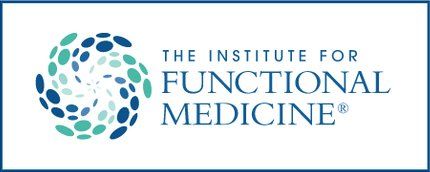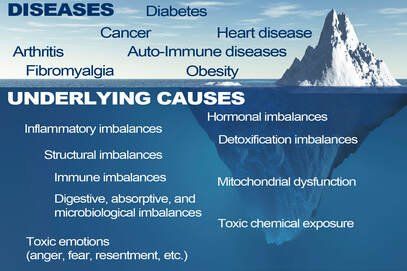Functional Medicine views us all as being different; genetically and biochemically unique. This personalized health care treats the individual, not the disease. It supports the normal healing mechanisms of the body, naturally, rather than attacking disease directly.
The practice of Functional Medicine involves understanding the origins, prevention, and treatment of complex, chronic disease. Hallmarks of a functional medicine approach include: Patient-centered care.
The focus of functional medicine is on patient-centered care, promoting health as a positive vitality, beyond just the absence of disease. By listening to the patient and learning his or her story, the practitioner brings the patient into the discovery process and tailors treatments that address the individual’s unique needs. An integrative, science-based healthcare approach.
Functional medicine practitioners look “upstream” to consider the complex web of interactions in the patient’s history, physiology, and lifestyle that can lead to illness. The unique genetic makeup of each patient is considered, along with both internal (mind, body, and spirit) and external (physical and social environment) factors that affect total functioning. Integrating best medical practices.
Functional medicine integrates traditional Western medical practices with what is sometimes considered “alternative” or “integrative” medicine, creating a focus on prevention through nutrition, diet, and exercise; use of the latest laboratory testing and other diagnostic techniques; and prescribed combinations of drugs and/or botanical medicines, supplements, therapeutic diets, detoxification programs, or stress-management techniques. Functional Medicine- Treating the Cause not the Symptom.




Share On: